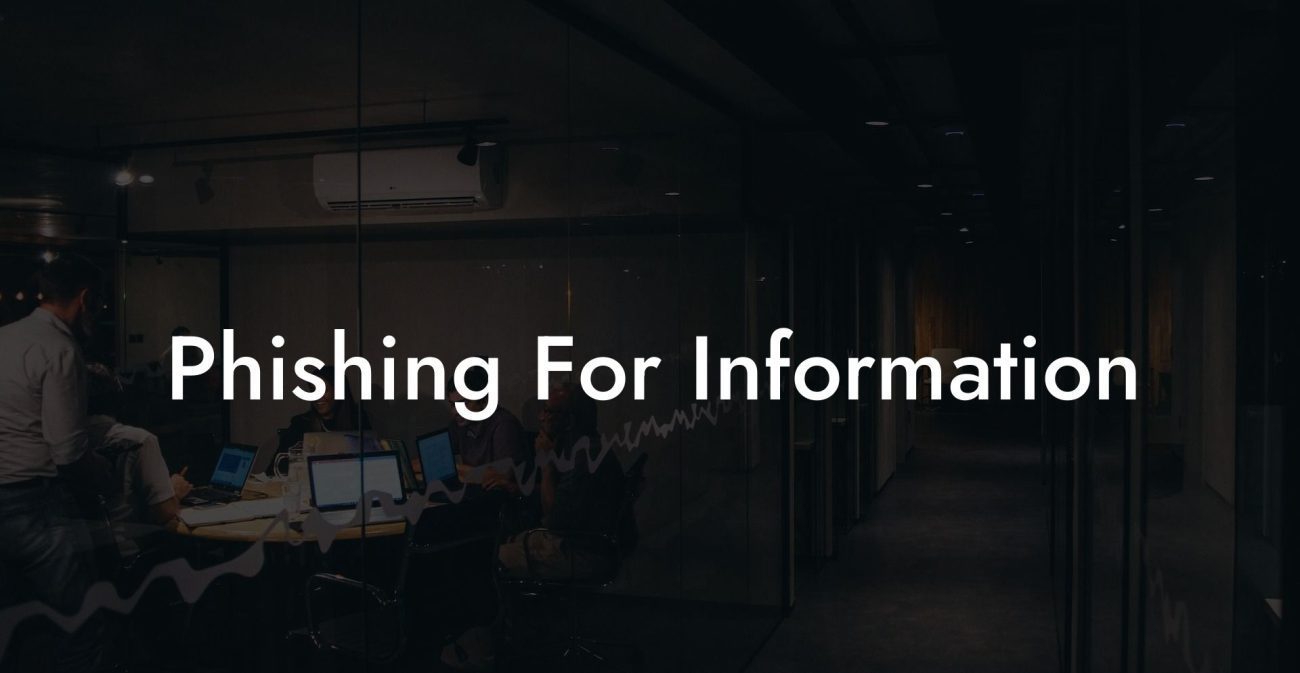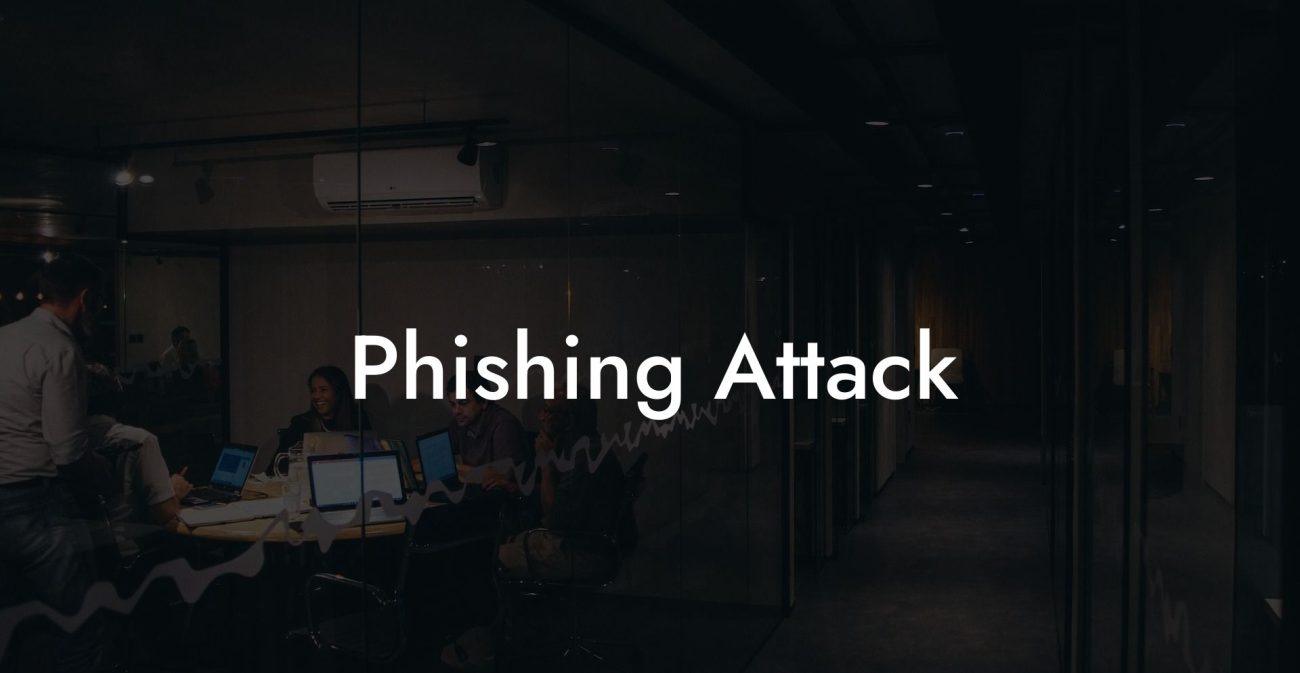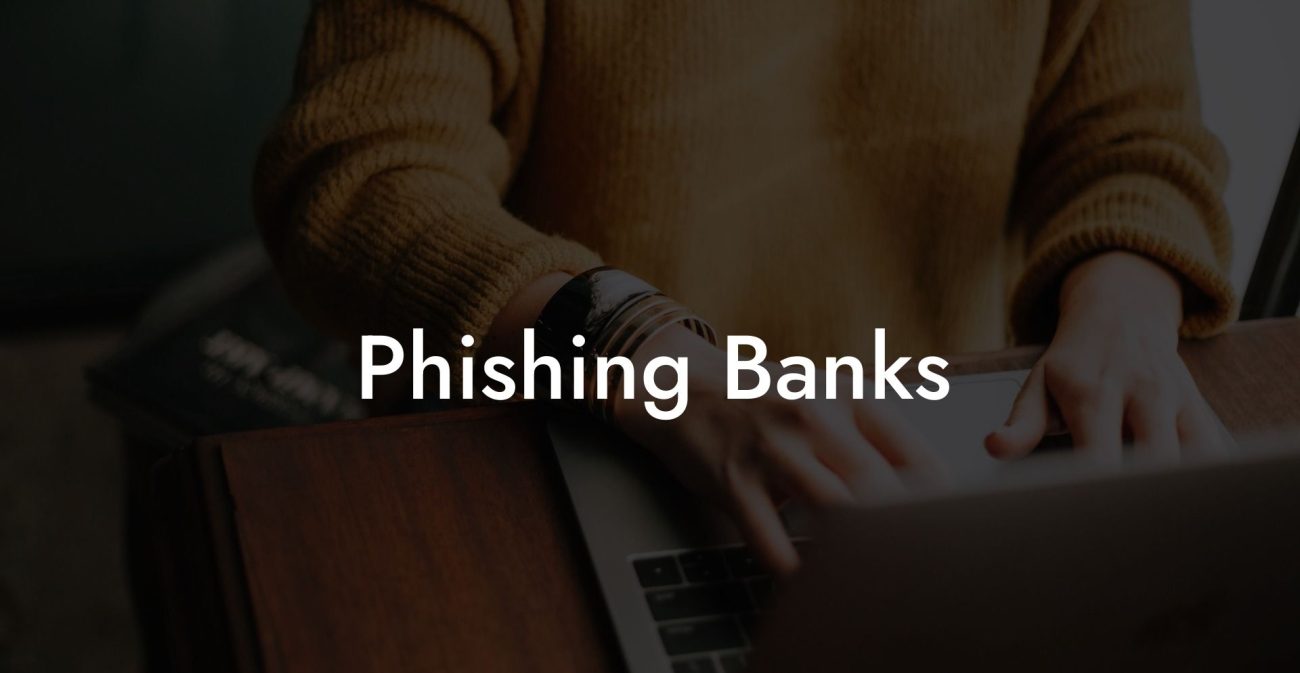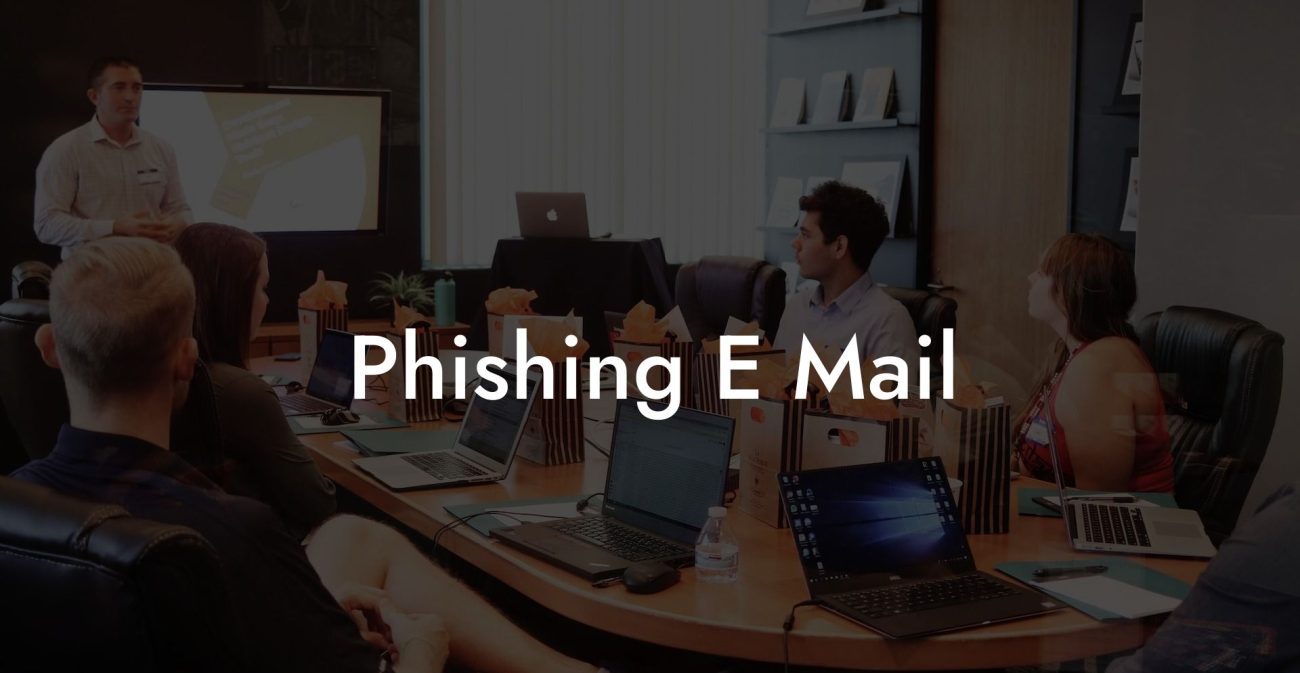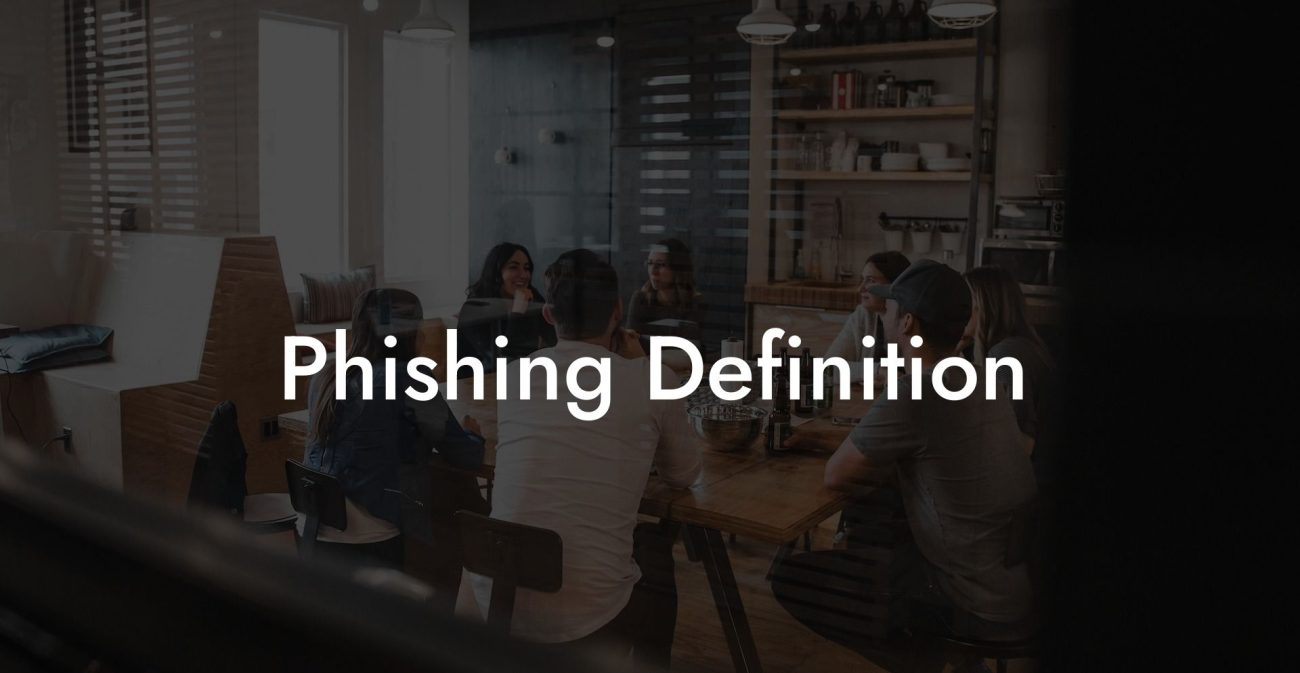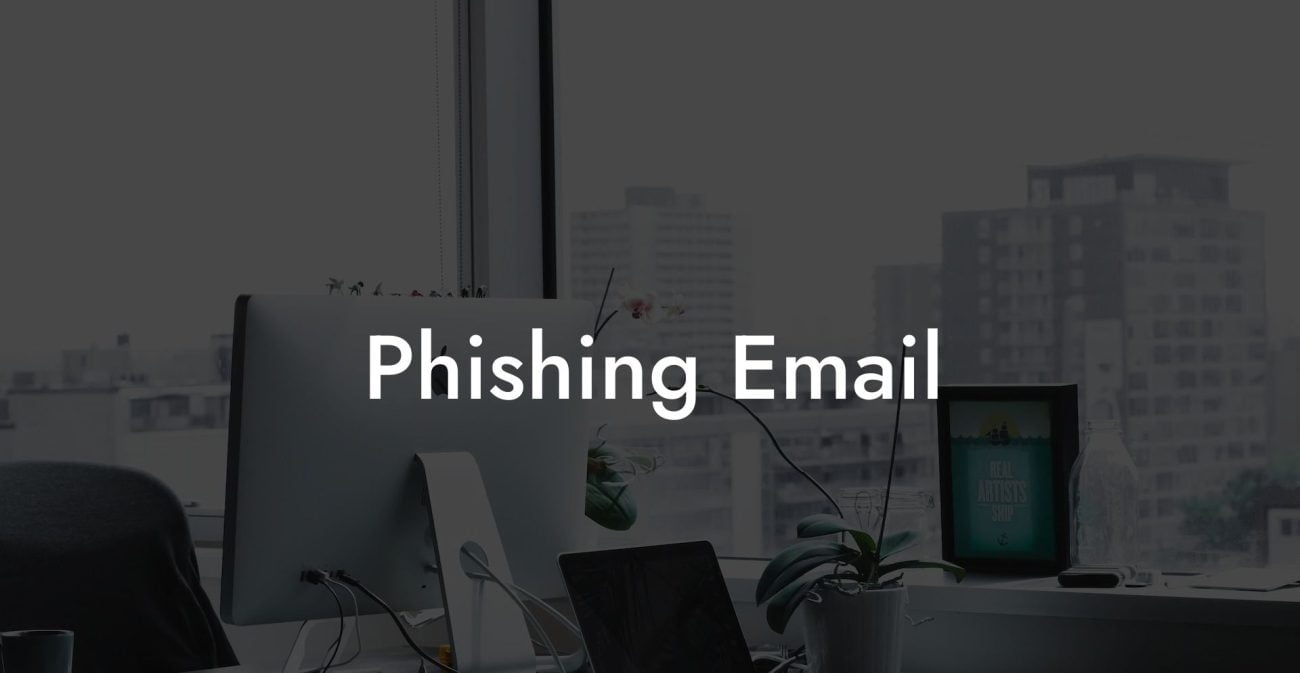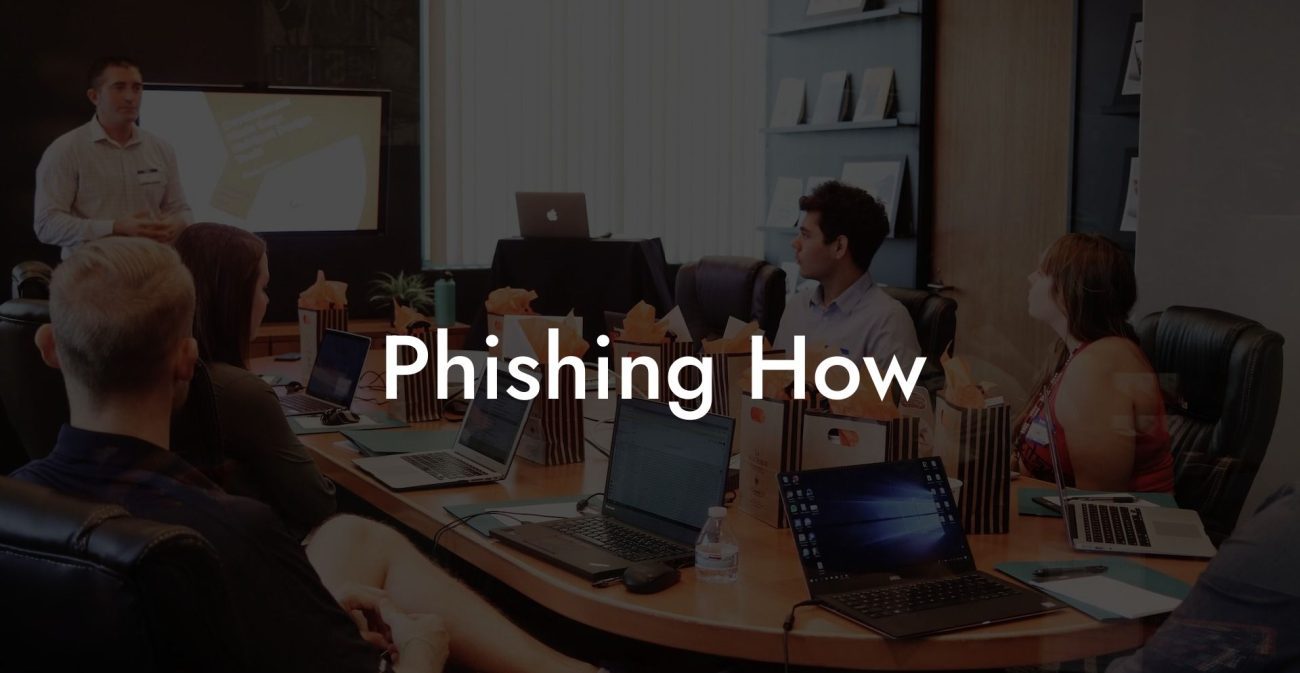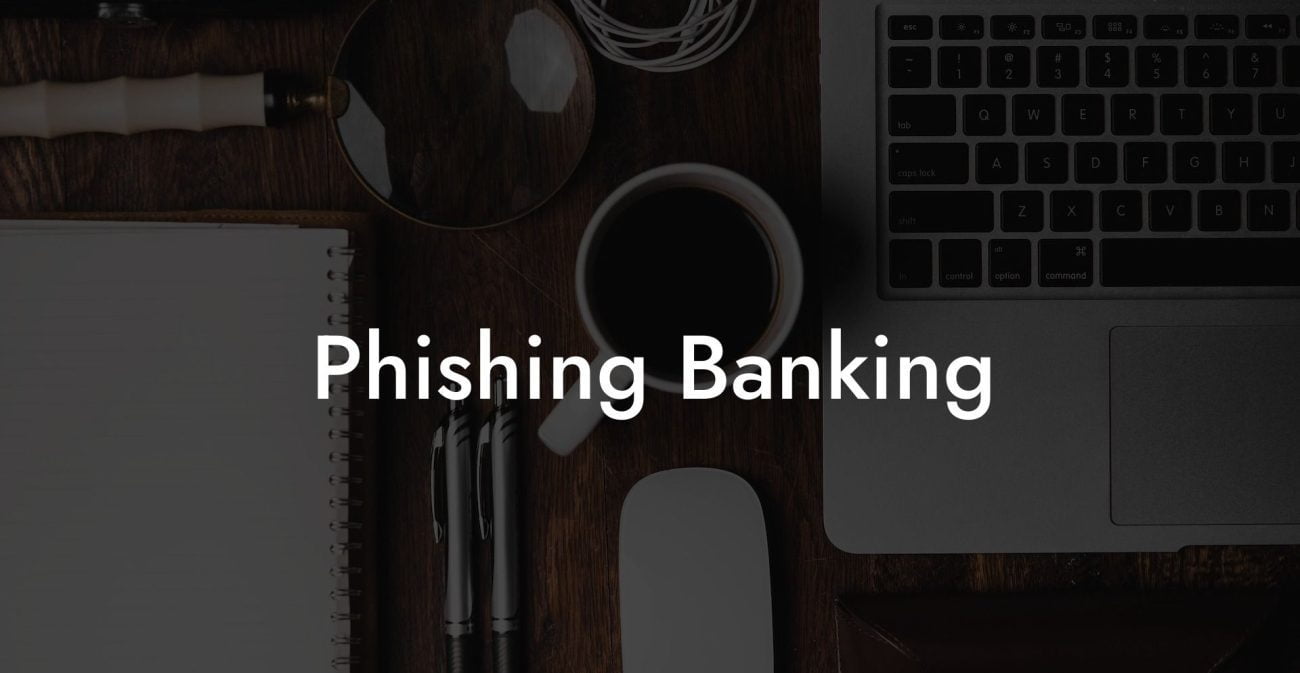The digital age has brought about a revolution of convenience and efficiency. Unfortunately, it's not only the good guys who've made use of the latest technology. Cybercriminals are constantly lurking, preying on unsuspecting individuals with various cunning schemes. One of the most prevalent types of social engineering attack that has been on the rise in recent years is voice phishing, or "vishing." In this comprehensive guide, we will delve deep into voice phishing – its definition, methods, consequences, and tactics to protect yourself from being a victim. Let's raise awareness and keep the digital space safe for everyone.
Phishing Articles Table of Contents
What is Voice Phishing?
Voice phishing, commonly known as "vishing," refers to the practice of using fraudulent phone calls to trick people into revealing sensitive information or perform actions that could harm their security. These attacks often impersonate legitimate businesses, banks, government agencies, or other trusted entities to gain the target's trust.
How does Voice Phishing work?
Protect Your Data Today With a Secure Password Manager. Our Top Password Managers:
Vishers are skilled at creating a sense of urgency and using scare tactics to entice their victims. They may claim that an account has been compromised, urgent action is needed, or your personal information is required for verification purposes. The attacker might also use social engineering techniques, tapping into the human element of vulnerability, such as trust, fear, and curiosity.
Common Voice Phishing Scenarios:
1. Bank Fraud: The caller poses as a bank employee informing you that your account has been breached and needs verification or urgent action.
2. Tech Support Scams: The visher pretends to be a tech support representative offering to fix a non-existent issue with your computer.
3. Government Agency Impersonation: The attacker claims to be from an organization such as the IRS, demanding immediate payment of a supposed debt or tax issue.
4. Prize or Lottery Scam: The caller informs you of an unexpected prize but requires payment information or a fee to claim it.
Phishing Articles Example
Imagine receiving a call from someone claiming to work at your bank. They inform you that there has been suspicious activity on your account and need your help to confirm a recent transaction. They then ask for your account number and your most recent password to verify your identity.
This is a prime example of voice phishing, as the visher uses a sense of urgency and familiarity with your bank to manipulate you into providing sensitive information.
Protection and Prevention
1. Be aware: Always remain vigilant and aware of potential vishing attempts. Never trust a call just because the caller ID appears legitimate.
2. Take your time: Do not feel pressured to give out personal information immediately. Attackers often use urgency to take advantage of victims.
3. Don't give out sensitive information: Make it a general rule not to provide personal or financial details over the phone.
4. Verify the caller: If you're unsure, hang up and call the official number of the organization to confirm the legitimacy of the request.
5. Report any suspicious calls: Always report such incidents to the appropriate authorities to help combat voice phishing.
Knowledge is power, and you now hold the key to shield yourself from becoming a victim of voice phishing. Remember, vigilance and awareness are your greatest weapons against these cunning adversaries. Share this article with your friends and family to spread the word about the dangers of voice phishing and let's create a safer digital world together. Discover more invaluable resources on Voice Phishing, and stay one step ahead of the cybercriminals. Stay safe and secure!
Protect Your Data Today With a Secure Password Manager. Our Top Password Managers:






